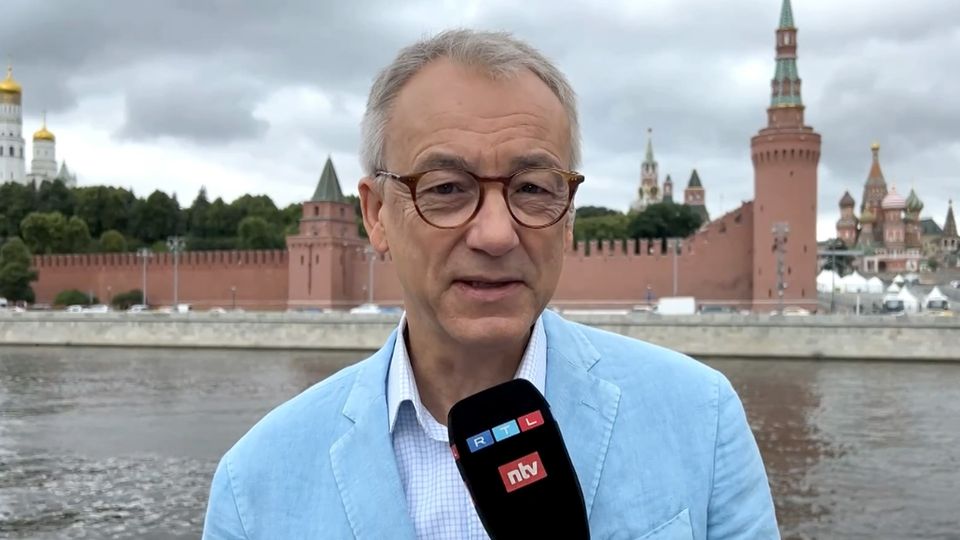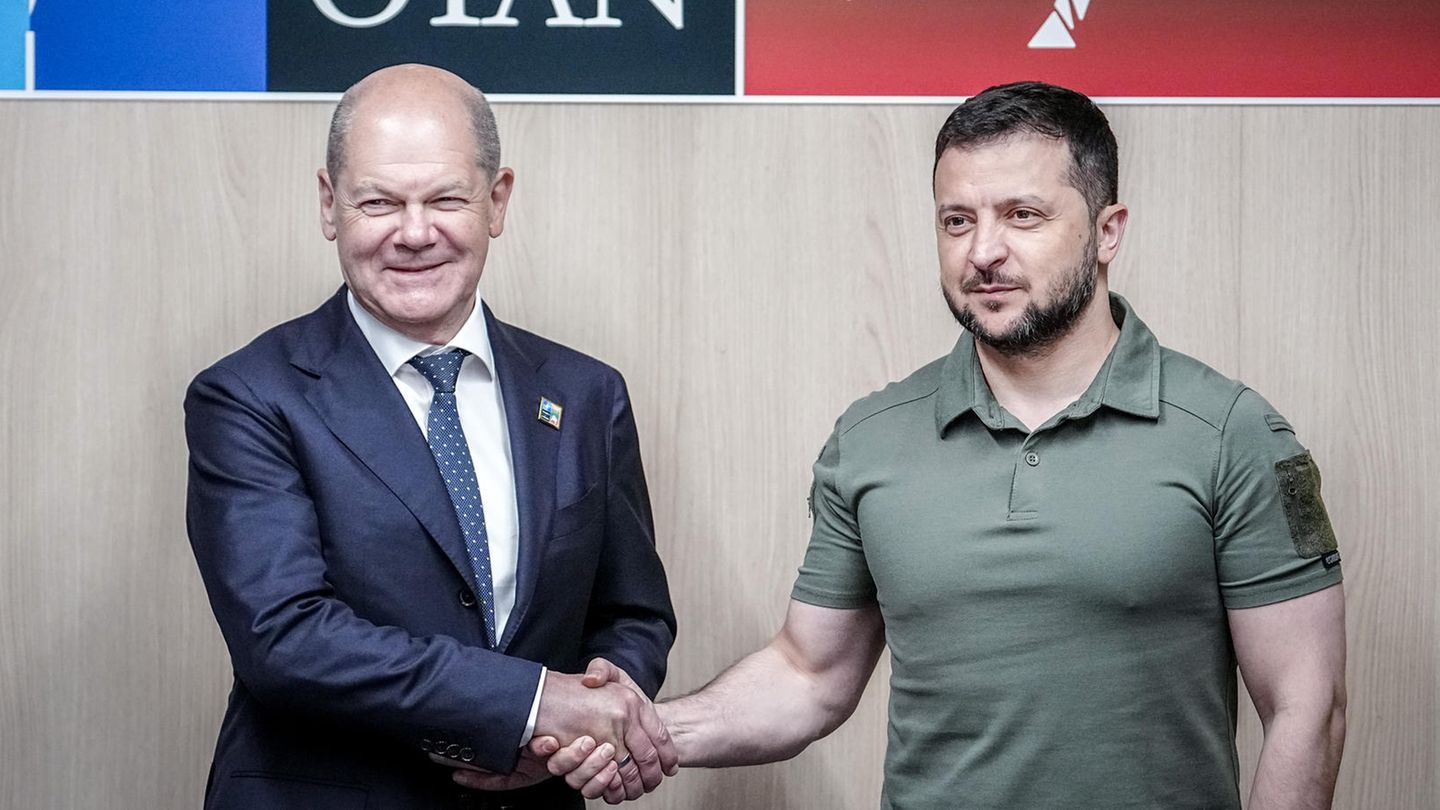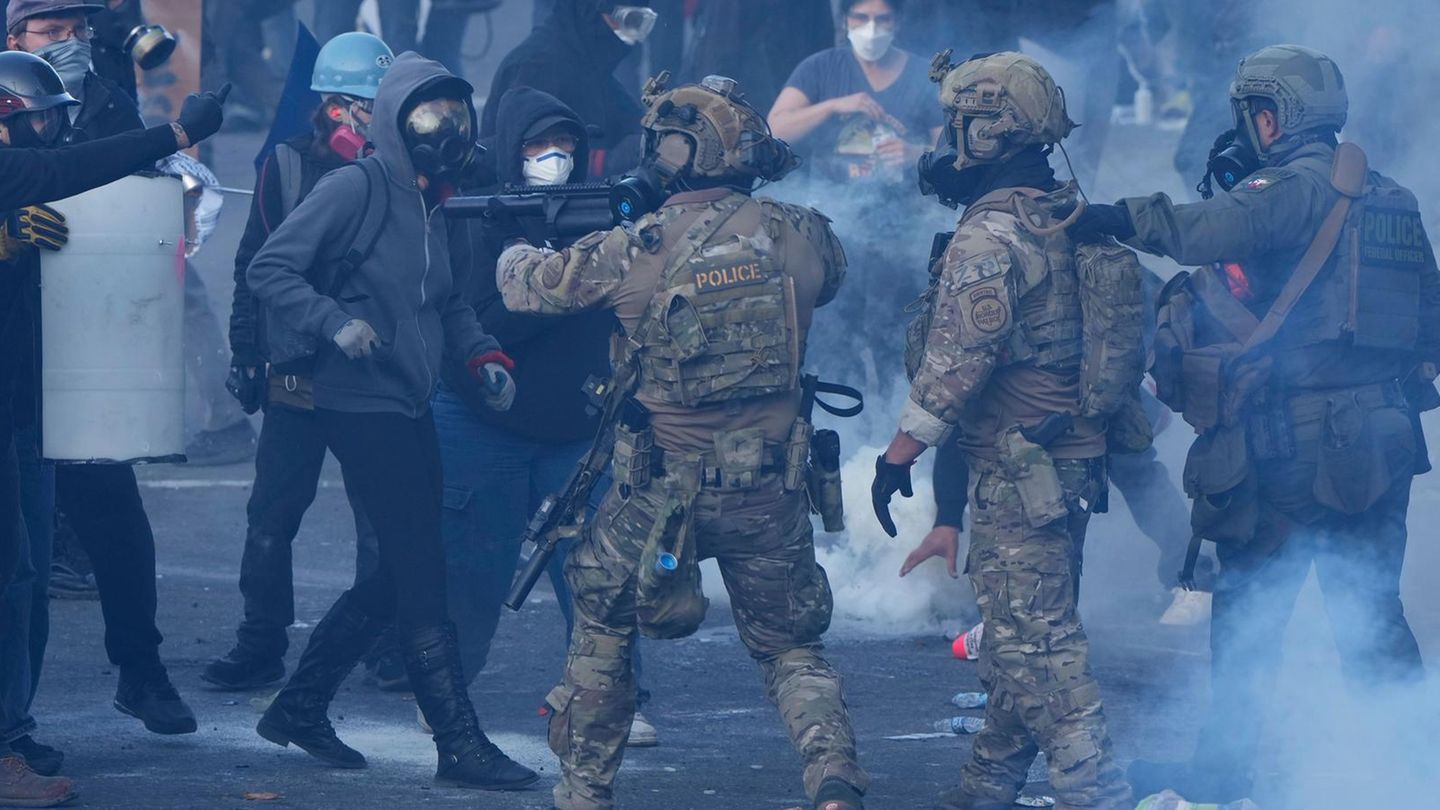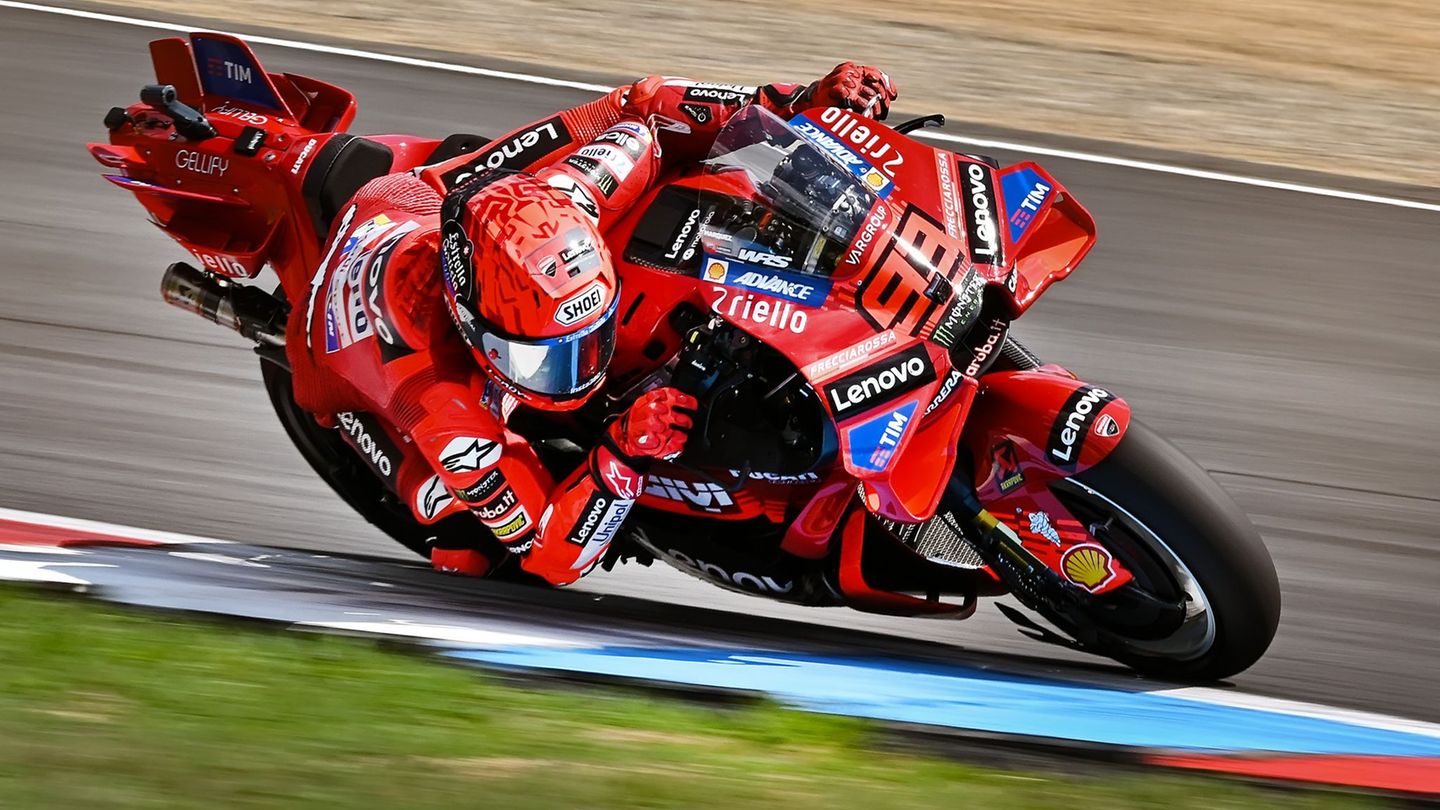The second major NATO summit since the start of the Russian war against Ukraine ends with clear messages to Kremlin chief Vladimir Putin. In the final declaration, however, the alliance also finds clear words about one of Moscow’s powerful partners.
The declaration of the NATO summit meeting in Lithuania contains exactly 90 points. However, the most important results of the two-day summit meeting can be summarized under a few headings. An overview:
NATO has plans in case the worst comes to the worst
New defense plans are intended to prepare NATO for the horror scenario of a Russian attack. The secret documents, totaling more than 4,000 pages, describe in detail how critical locations in Alliance territory should be protected by deterrence and how they should be defended in an emergency. For this purpose, it is also defined which military capabilities are necessary. In addition to land, air and sea forces, cyber and space capabilities are also included.
compromise for Ukraine
For months, Ukrainian President Volodymyr Zelenskyy had been pushing for his country in Vilnius to receive an official invitation to join NATO after the war. However, heads of state and government such as Chancellor Olaf Scholz and US President Joe Biden prevented this from happening. The summit declaration states: “The future of Ukraine is in NATO.” An invitation is only possible “if the allies agree and the requirements are met”. Reforms “in the area of democracy and the security sector” are mentioned as concrete examples.
At the same time, NATO is sending a message to Russian President Vladimir Putin that he cannot hope that the Allies will tire of providing Ukraine with weapons, ammunition and money. The summit participants promise that the support will continue “as long as necessary”. Among other things, a multi-year program is now planned to enable the Ukrainian armed forces to work smoothly with NATO troops in the future.
The new two percent target of the NATO countries
“In accordance with our obligations under Article 3 of the Washington Treaty, we have made a permanent commitment to invest at least two percent of our gross domestic product in defense every year.” .
military alliance
From the Cold War to the Russian invasion of Ukraine: the history of NATO
However, the agreement also means that it is not said by when the NATO countries, which have so far been below two percent, must meet the new target. Germany wants to get to two percent next year with the help of a special fund. However, it is still completely unclear how the goal is to be achieved in the long term.
New hope for Sweden
The summit meeting in the Lithuanian capital began with a great success for NATO Secretary General Jens Stoltenberg. On Monday evening, after months of tough negotiations, he was able to announce an end to Turkey’s blockade of alliance expansion. At a meeting with Swedish Prime Minister Ulf Kristersson, President Recep Tayyip Erdogan agreed to submit the accession protocol required for Sweden’s admission to the Turkish parliament for approval as soon as possible. Sweden could therefore become the 32nd member of the alliance as early as autumn.
Challenge China
China’s quest for power and influence was not an issue for NATO for a long time. At the urging of the USA, this has changed fundamentally in recent years. “The goals declared by the People’s Republic of China and its policy of coercion pose challenges to our interests, our security and our values,” the final statement said.

A particular danger is that the world’s second largest economy is trying to “take control of key areas in the technology and industrial sectors, critical infrastructure and strategic material and supply chains”. In addition, NATO denounces malicious cyber operations, confrontational rhetoric and disinformation. In response, preparedness should now be increased in the event of an escalation of the current conflicts, among other things by expanding the joint situation picture.
Source: Stern
I have been working in the news industry for over 6 years, first as a reporter and now as an editor. I have covered politics extensively, and my work has appeared in major newspapers and online news outlets around the world. In addition to my writing, I also contribute regularly to 24 Hours World.




